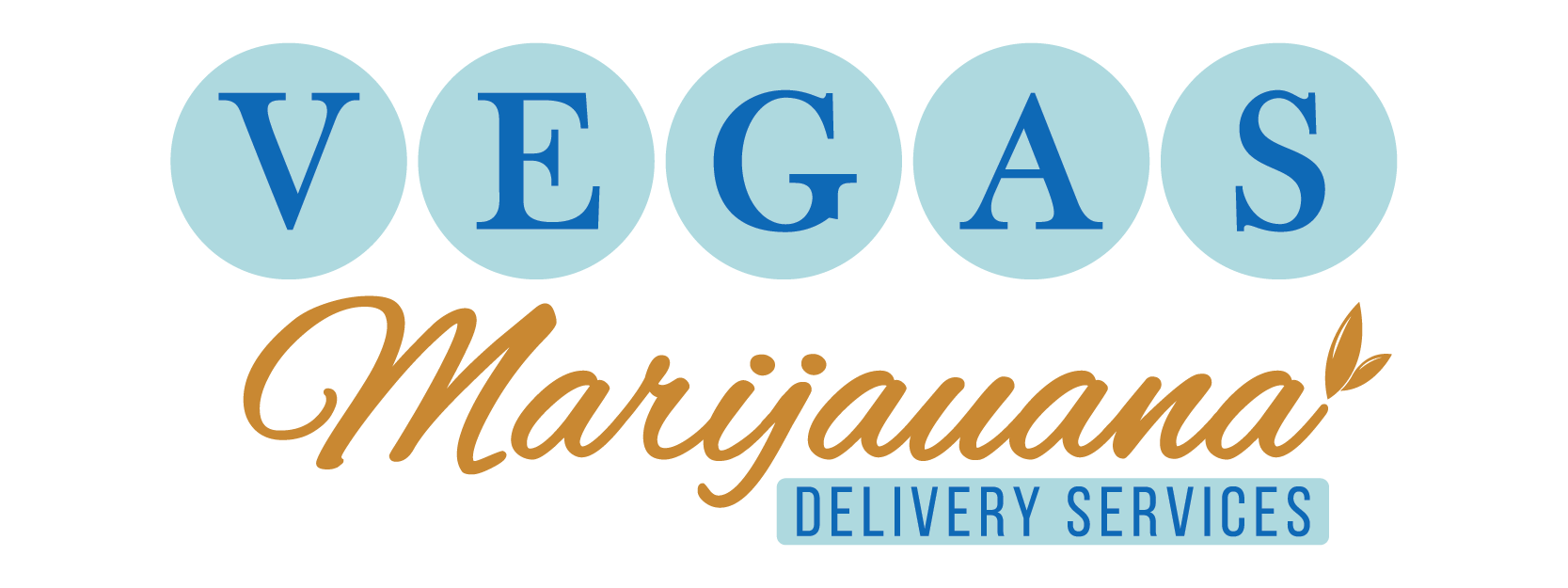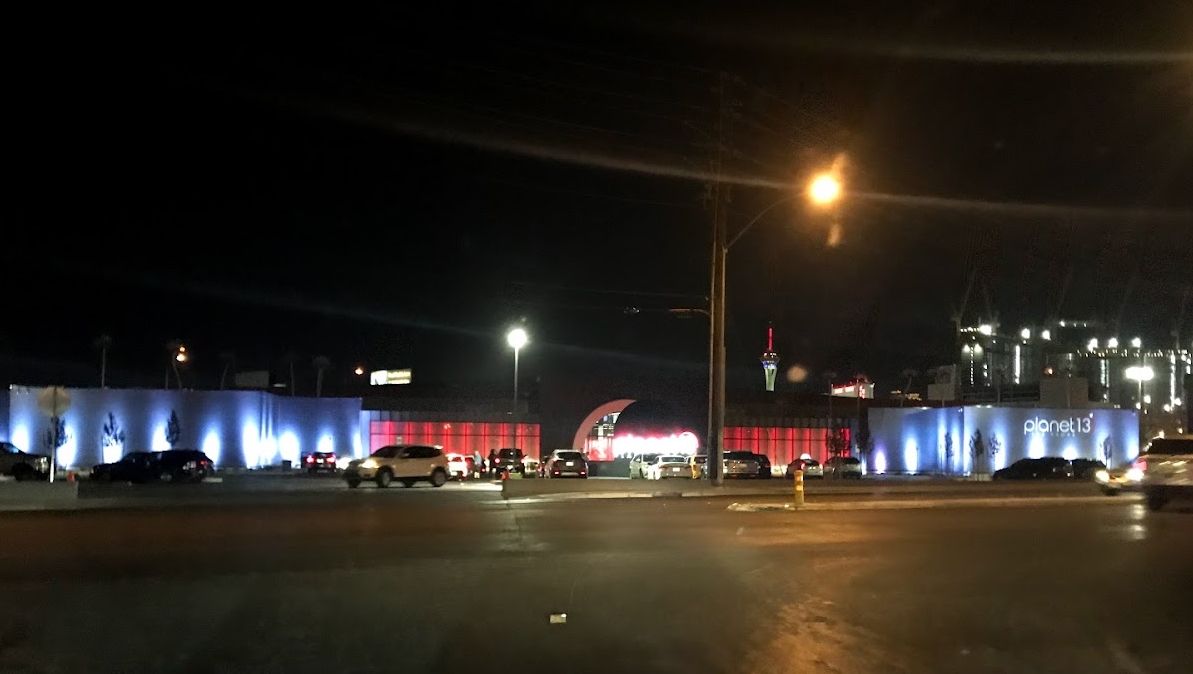
-
Vegas on Wheels: Top Dispensaries with Killer Delivery Loyalty Perks
Read more: Vegas on Wheels: Top Dispensaries with Killer Delivery Loyalty PerksLocal cannabis delivery customers in Las Vegas have plenty of reasons to stay loyal to their favorite dispensaries. With enticing rewards programs, first-time customer deals,…
BLOG CENTER
Latest Articles & Posts
-
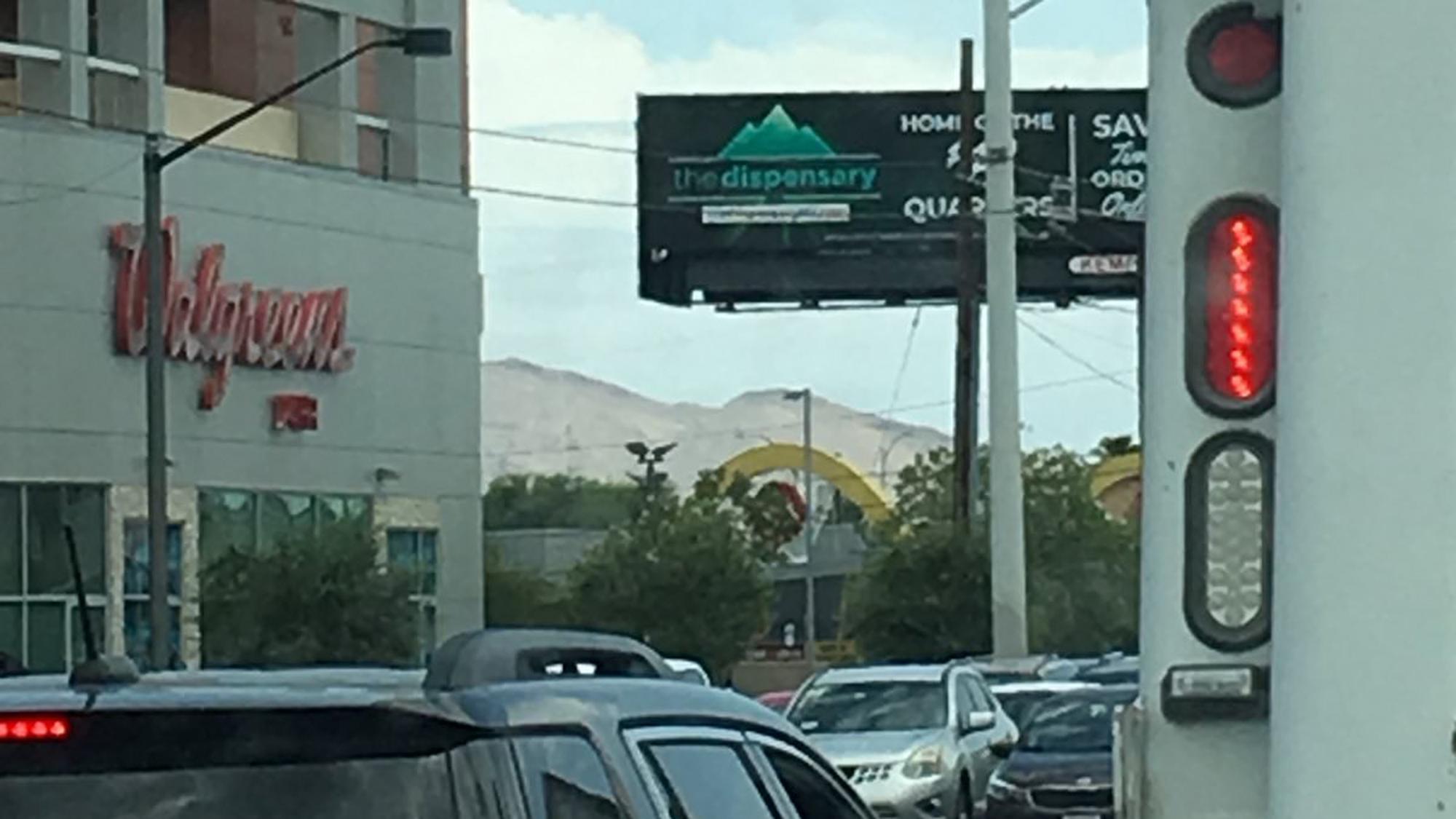
Setting Expectations: Delivery Windows and Wait Times for Vegas Cannabis Orders
When a customer places a cannabis delivery order in Las Vegas, how long does it usually take before it arrives? And are delivery times consistent across the valley—or do they vary? In most cases, once an order is confirmed, delivery arrives within 2 to 3 hours. For example, Green Dispensary notes that deliveries complete “on…
-
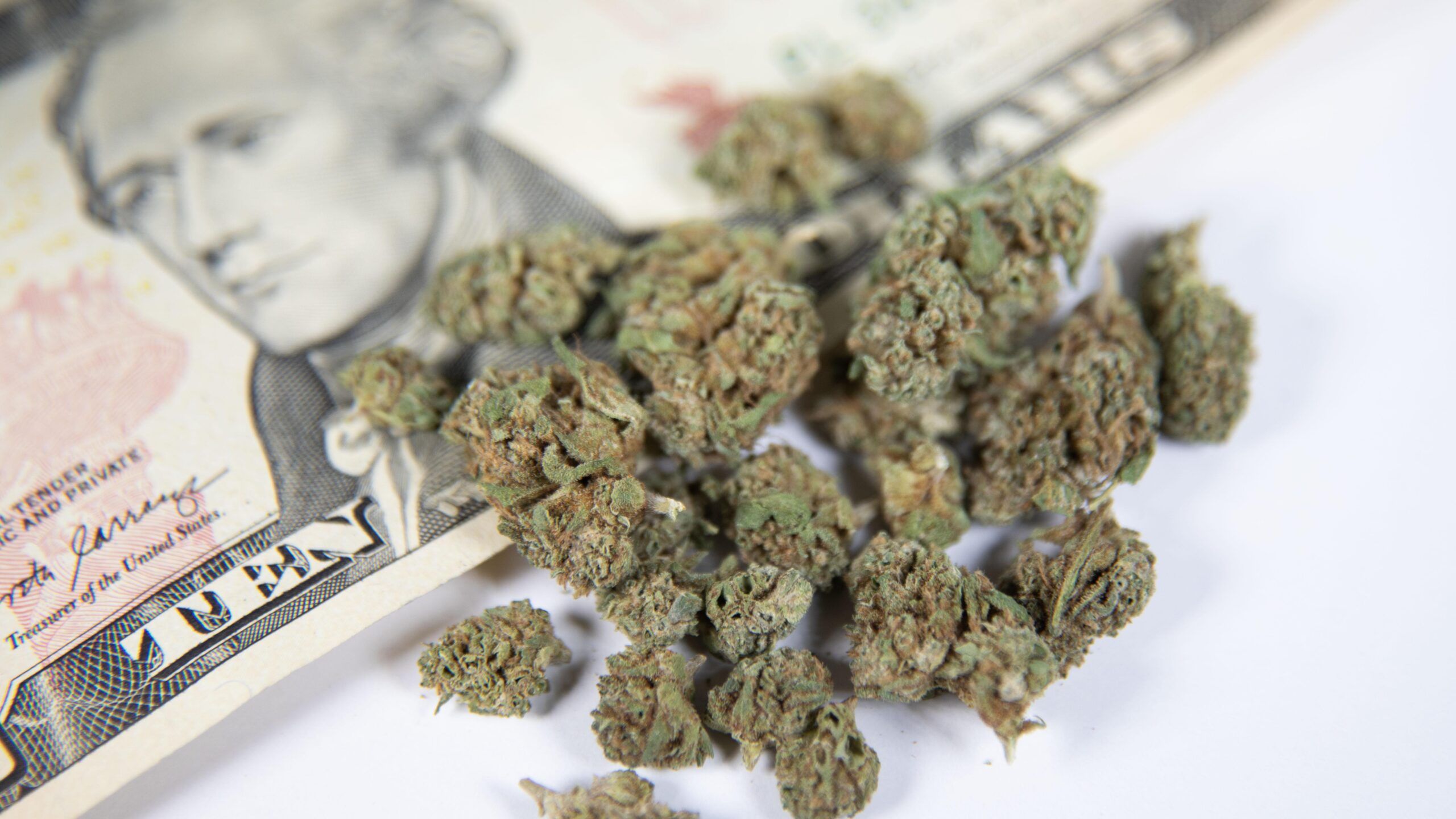
Cannabis Delivery in Las Vegas: Are There Minimums?
Most licensed cannabis delivery services in Las Vegas require a minimum order before dispatching. The exact threshold varies—most dispensaries set their minimums between $50 and $75, although some offer lower or tiered options depending on location or order size. A review of local businesses confirms this trend. Euphoria Wellness requires a $75 minimum (before fees)…
-
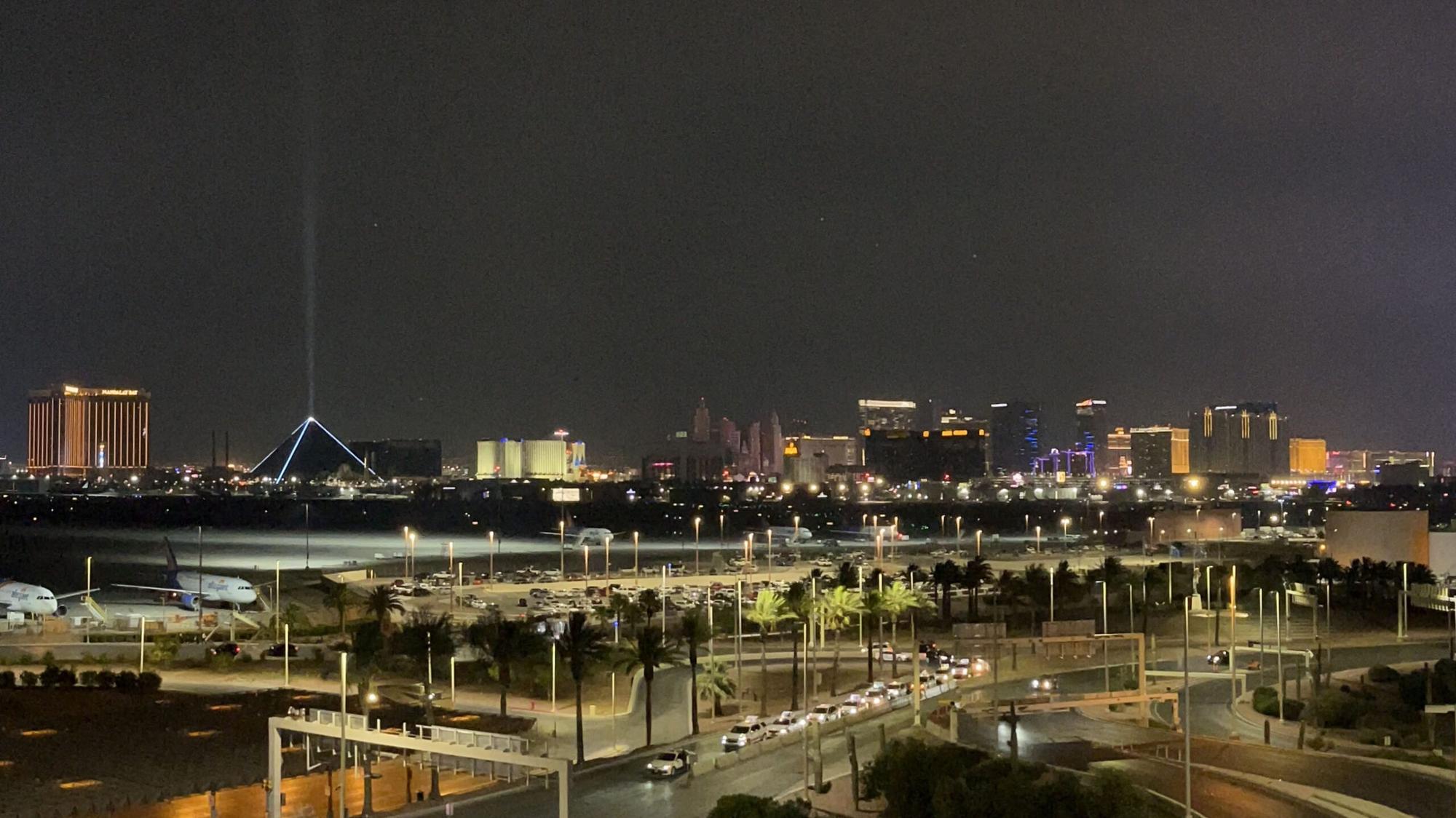
Late‑Night Cannabis in Vegas: What Delivery Options Actually Stay Open?
As evening descends on Las Vegas, consumers often wonder: “Can I still get cannabis delivered after the sun goes down?” The short answer: not 24/7—but some notable players are open late. Leading Services and Their Timings What Locals Say Reddit users consistently note the no hotel deliveries rule and the lack of around‑the‑clock service. For…
